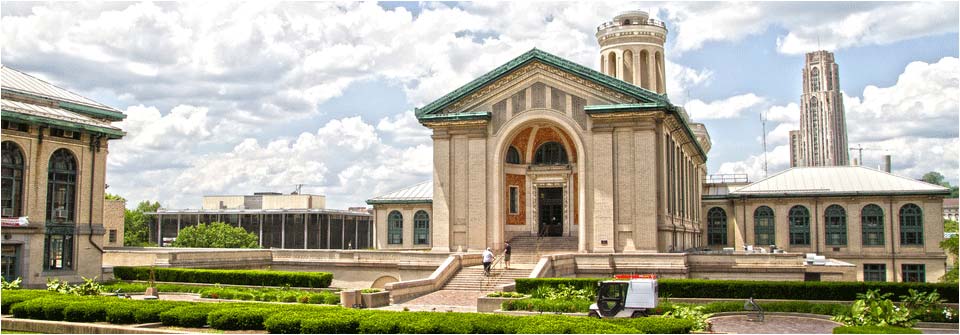Team:Carnegie Mellon
From 2012.igem.org
(Difference between revisions)
JSalazar88 (Talk | contribs) |
JSalazar88 (Talk | contribs) |
||
| Line 442: | Line 442: | ||
</li></ul> | </li></ul> | ||
<p><br /> | <p><br /> | ||
| - | + | Abstract/Introduction <br /> | |
<br /> | <br /> | ||
| - | <b>Motivation question | + | <b>Motivation question</b><br /> |
<br /> | <br /> | ||
Humanistic implications go here<br /> | Humanistic implications go here<br /> | ||
Revision as of 11:29, 11 June 2012
Team:Carnegie_Mellon
From 2012.igem.org
Contents |
Introduction: Motivation
- We seek to develop a BioBrick that will allow researchers in the field of synthetic biology to accurately measure translational efficiency, and transcriptional strength.
- We believe that we can use Spinach as a biosensor to reflect these metrics in vivo, rather than in vitro, which has previously proven to be very costly and impractical.
- We will characterize the relationship between genetic expression of Spinach (upstream), translational efficiency, and transcriptional strength.
Abstract/Introduction
Motivation question
Humanistic implications go here
Primary Objective: A Useful BioBrick for Synthetic Biologists
We have been xxxxxyyyy for the purpose of xxxyyy which is detailed by the following:
- something great
- something greater
- something awesome
This will be xxxyyy
Secondary Objective: Secondary Objective
We have also been continuing the work of our 2012 team in engineering Escherichia coli to be awesome. Here is a link to awesomeness (WHO).
Further Considerations
In the pursuit of our project, as well as the biological aspects, we:
- considered aspects of scale-up, including the ethical, legal and social implications of our potential final product, MicroMaize,
- programmed a new piece of software for use in metabolic modelling,
- developed and tested techniques for measuring translational efficiency and transcriptional strength,
- participated in human practices demonstration xxx.
 "
"



